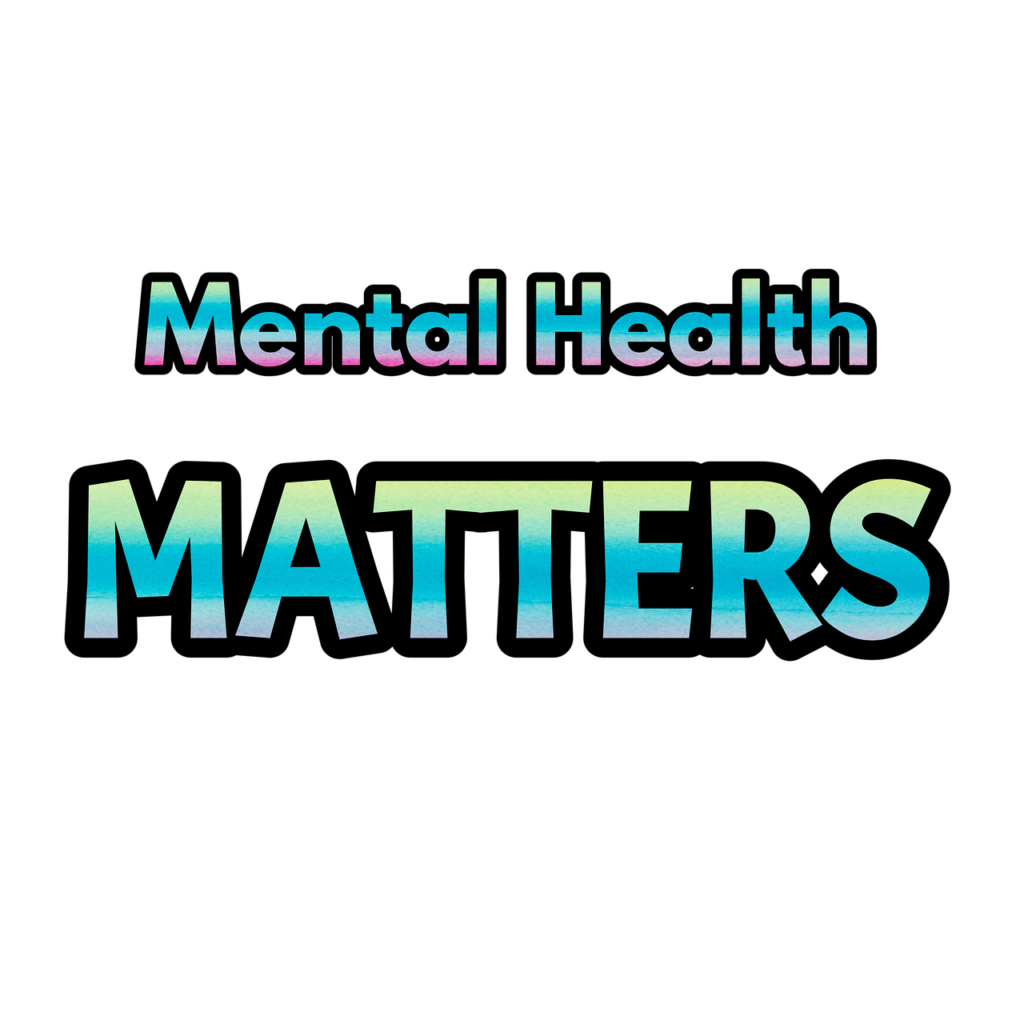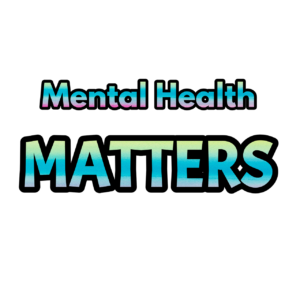Your Mental Health Matters: Navigating the Impact of Social Media

In today’s digital age, where social media platforms dominate our lives, it’s crucial to recognize that your mental health matters. While these platforms offer unprecedented opportunities for connection and self-expression, they also bring forth an array of challenges that can significantly impact your emotional well-being. This article delves into the multifaceted relationship between mental health and social media, providing insights into its effects and suggesting strategies to strike a balance.
The Influence of Social Media on Mental Health Matters: A Comprehensive View
Comparison Culture: Scrolling through carefully curated feeds often leads to unfavorable comparisons with others’ seemingly perfect lives. This constant exposure to curated content can breed feelings of inadequacy and self-doubt.
Cyberbullying and Trolling: The anonymity granted by the internet can enable cyberbullying, causing emotional distress and leading to a decline in mental health. The prevalence of trolls and negative comments can have a lasting impact on an individual’s self-esteem.
Fear of Missing Out (FOMO): The fear of missing out on social events and experiences showcased online can induce anxiety and loneliness. This pressure to keep up with an idealized version of others’ lives can lead to burnout.
Validation Seeking: Relying on likes, comments, and shares for validation can create a cycle of seeking external approval, affecting self-worth and self-validation.
Unrealistic Beauty Standards: The proliferation of edited images and filters can distort reality, fostering unrealistic beauty standards. This can contribute to body image issues and low self-esteem, particularly among young users.
Strategies for Maintaining Positive Mental Health Online
Mindful Consumption: Be mindful of the content you consume. Unfollow accounts that evoke negative emotions and curate a feed that uplifts and inspires you.
Limit Screen Time: Set boundaries on your screen time. Utilize features on platforms that track usage and remind you to take breaks.
Practice Digital Detox: Regularly disconnect from social media to recharge and focus on real-life interactions. Engage in activities that bring you joy and fulfillment offline.
Build Strong Connections: Foster genuine connections online by engaging in meaningful conversations and groups that align with your interests.
Seek Support: If you’re struggling, don’t hesitate to seek support from friends, family, or mental health professionals. Discussing your feelings can provide relief and perspective.
Embrace Imperfections: Remember that what you see on social media is often a curated highlight reel. Embrace your imperfections and value your uniqueness.
Harnessing the Positive Power of Social Media
While there are potential pitfalls, social media can also be a force for good. It offers a platform for raising awareness about mental health issues, connecting with supportive communities, and spreading positivity. Sharing your personal journey can inspire others and reduce the stigma surrounding mental health.
In conclusion, your mental health is of paramount importance, and its relationship with social media is complex. By understanding the potential negative effects and implementing mindful strategies, you can navigate the digital landscape while safeguarding your emotional well-being. Remember, you have the power to shape your online experience for the better.
So, take a deep breath, put your device down for a moment, and remember that you are more than your online presence. Your mental health matters, both in the virtual world and the real one.



